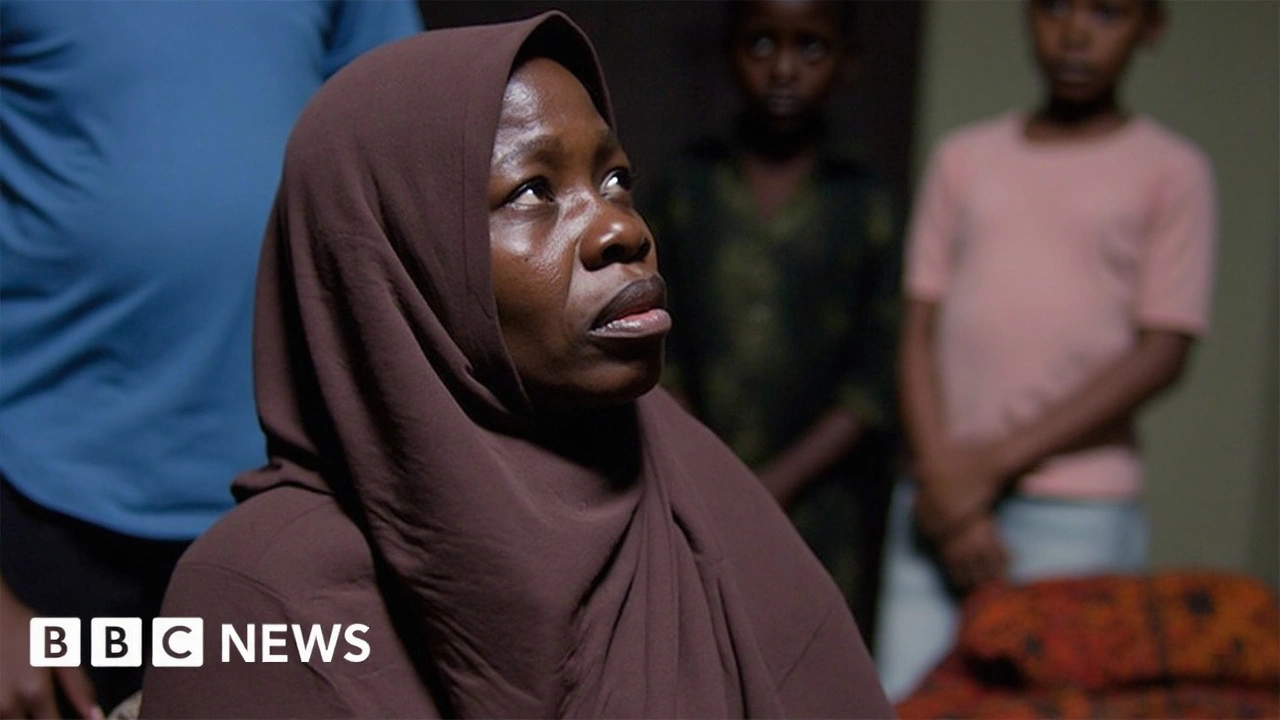Flooding in Maiduguri: What’s Happening and What You Should Know
The recent floods in Maiduguri have caused a lot of problems for the local community. Heavy rains have led to rising water levels, damaging homes, roads, and infrastructure. If you live in or around Maiduguri, or have family there, it’s important to understand what’s going on and how it might affect you.
What’s Causing the Flooding?
The flooding in Maiduguri is mainly due to intense rainfall over a short period. The city’s drainage systems struggle to handle the excess water, leading to water pooling in residential and commercial areas. Because Maiduguri is near some river systems, overflow adds to the problem, making some streets almost impassable.
How Is the Community Coping?
Local authorities and relief groups are working hard to help those hit hardest. Emergency services are providing food, clean water, and shelter to displaced families. But the situation remains challenging because the floods disrupt daily life, schooling, and business activities. People are urged to stay informed about weather reports and avoid risky areas prone to flooding.
If you’re looking to support, the best way is to donate to trusted local charities or volunteer with organizations active on the ground. Community response is key to aiding recovery and preventing further damage.
Always keep safety first—avoid walking or driving through flooded parts, and follow updates from local officials. Flooding can change quickly, so staying alert saves lives.

When the Alau Dam gave way in September 2024, Maiduguri found itself under water, leaving up to 400,000 homeless and exposing residents to fresh waves of hunger and insecurity. While survivors struggle in packed shelters, stalled repairs and political wrangling mean another disaster could hit with the next rainy season.
Read More